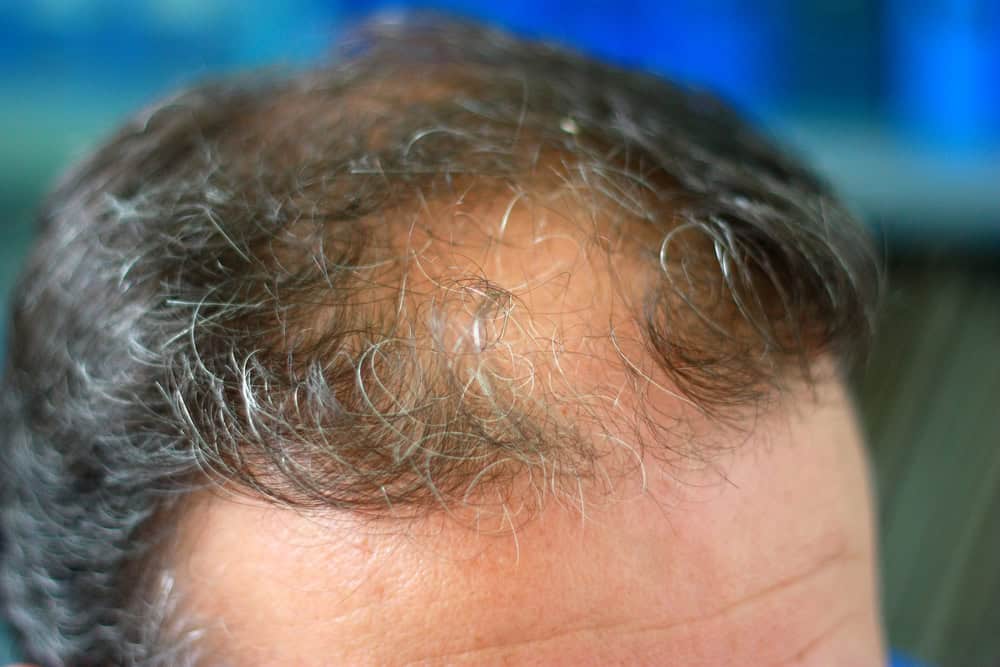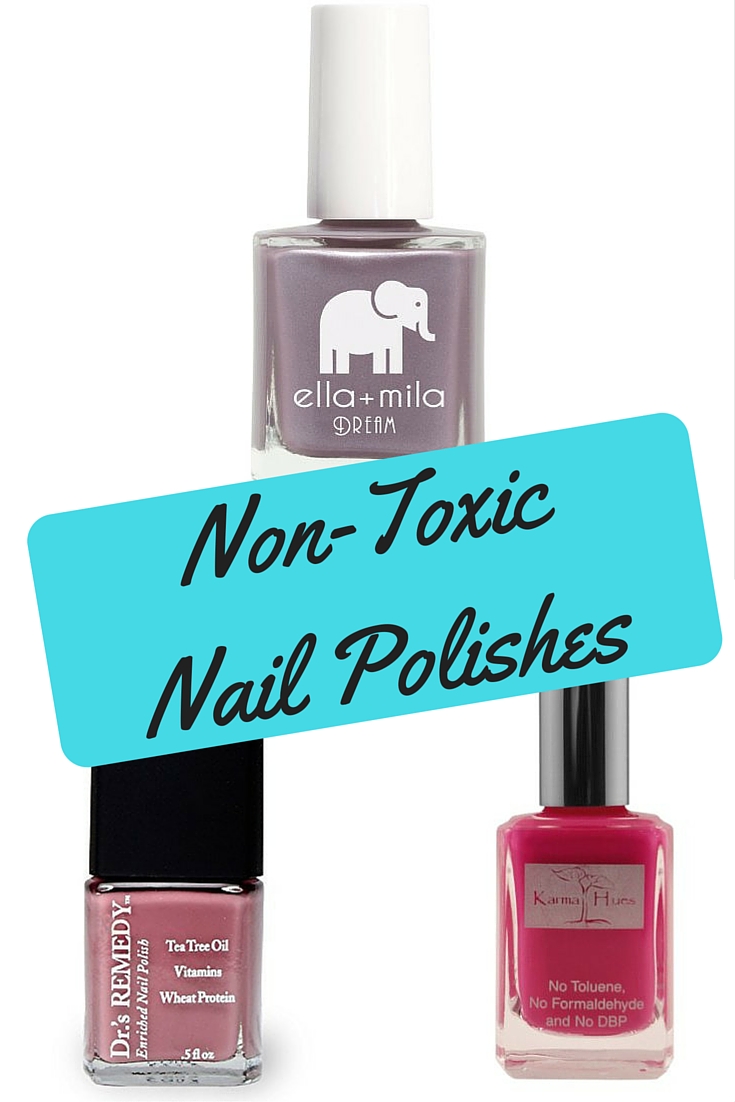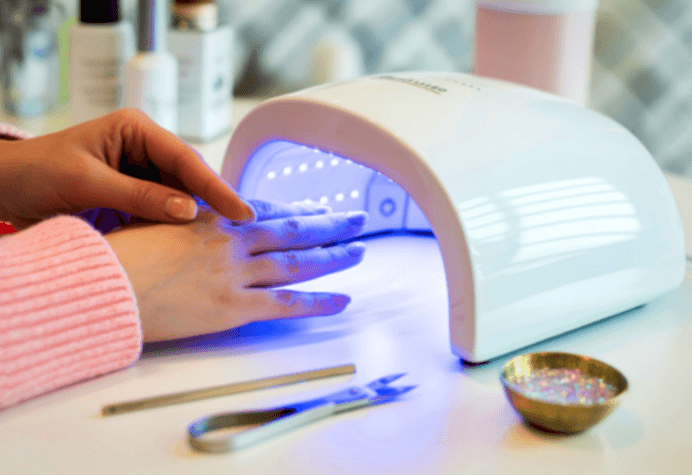Can a Spray-On Oil Help with Thinning Hair or Shedding?
This post contains affiliate links. Click here to read my affiliate policy.
Last Updated on May 21, 2025

Thinning hair and increased shedding are common concerns for many people, raising questions about effective solutions to support healthier hair. Using a spray-on oil can offer benefits for those dealing with these issues by providing nourishment directly to the scalp and hair strands. Formulated products like a scalp treatment oil can hydrate, support natural growth, and help make hair appear fuller, especially when chosen carefully for specific needs. Compared to lightweight tonics or leave-in sprays, oils typically stay on the scalp longer and may be better suited for dry or tightly textured hair. On the other hand, people with finer hair might prefer alternatives that absorb quickly without adding weight. The effectiveness often depends less on the product type and more on how well it fits into someone’s routine and hair condition.
Some hair oils are specifically designed to assist with thinning by delivering essential nutrients and moisture without leaving a greasy residue. For example, a hair growth oil spray can be applied easily and may help create a healthier environment for growth while making hair feel softer and more manageable.
Key Takeaways
- Spray-on oils may support hair and scalp health.
- Choosing a lightweight formula can help avoid greasiness.
- Proper use of scalp treatment oils may encourage fuller-looking hair.
Exploring Spray-On Oils for Thinning Hair and Shedding
Spray-on oils may offer targeted benefits for thinning hair, hair shedding, and supporting scalp health. Their formulation, delivered via a fine mist, makes application to the scalp straightforward and less messy than traditional oils.
How Spray-On Oils Work for Thinning Hair
Spray-on oils act as a topical solution, coating both the scalp and hair strands with lightweight hydration. This can reduce frizz, help seal in moisture, and make hair appear shinier and smoother.
Unlike heavy oils, spray versions are often non-greasy and less likely to weigh hair down, making them practical for those with thinning or fine hair. By forming a barrier over the scalp, these oils may help retain natural moisture and protect against environmental stressors tied to hair shedding. Some users report that consistent application improves manageability and the overall appearance of hair density, though clinical evidence for reversing balding or regrowing hair remains limited.
Key Ingredients in Spray-On Oils
Most spray-on oils rely on a blend of ingredients chosen for their effects on hair growth and scalp care. Common components include:
- Coconut oil: Helps with moisture and scalp nourishment
- Castor oil: Often used for its potential link to hair thickening
- Olive oil & almond oil: Provide additional hydration and nutrients
- Essential oils (rosemary, peppermint): Sometimes included for their purported stimulation of blood flow, which may support healthy hair growth
Some formulas, such as those found in non-greasy spray-on oils, focus on avoiding heavy buildup. It’s important to check labels for added silicones, parabens, or fragrances if you have sensitive skin or chronic scalp concerns.
Evaluating Effectiveness, Safety, and Usage
Spray-on oils and topical treatments for thinning hair and shedding have gained attention for their accessibility and ease of use. Understanding what clinical studies reveal, which ingredients are effective, and how these products might affect sensitive skin or cause irritation is essential for making informed choices.
Clinical Studies and Evidence on Hair Regrowth
Randomized controlled trials form the basis for most recommendations related to hair regrowth products. Multiple studies show that topical minoxidil, also known by brand names such as Rogaine, can effectively promote hair growth in cases of hereditary hair loss and conditions like alopecia areata.
Evidence for natural oils, like rosemary oil, exists but is limited and less robust. One study suggests rosemary oil may help encourage hair growth or slow shedding, though more research is needed to determine its true efficacy. Clinical data for spray-on oils vary, so users should focus on treatments with FDA approval or strong clinical backing.
Minoxidil and Other Clinically Proven Ingredients
Minoxidil is the only over-the-counter ingredient widely recognized and approved by Health Canada and the FDA for hair regrowth. It is available in strengths like 2% and 5%, with a typical dosage of 1 ml applied twice daily. Both men and women use minoxidil to address hereditary thinning, and studies support meaningful improvement in hair density for some users.
Topical finasteride, sometimes combined with minoxidil, has also demonstrated benefits in studies and offers an alternative for those with male pattern baldness. When choosing a product, users should look for clinically proven options and be cautious with untested mixtures or purely cosmetic oils. Clinical efficacy and safety is strongest for minoxidil and finasteride sprays, with fast-absorbing formulas popular for convenience.
Conclusion
Spray-on oils can offer an easy way to apply nutrients directly to thinning hair and the scalp. Key ingredients like rosemary oil have shown potential to support hair growth depending on the individual’s needs and the underlying cause of the hair loss.
Application method matters for convenience, but both sprays and droppers can be effective according to user preference and hair type. Oils such as coconut oil and rosemary oil may help strengthen hair and reduce protein loss, supporting overall scalp health. For best results, consistent use and gentle scalp massage can maximize the benefits. Results are not guaranteed for everyone, and it is important for individuals to consult with a health professional if hair thinning or shedding persists.






